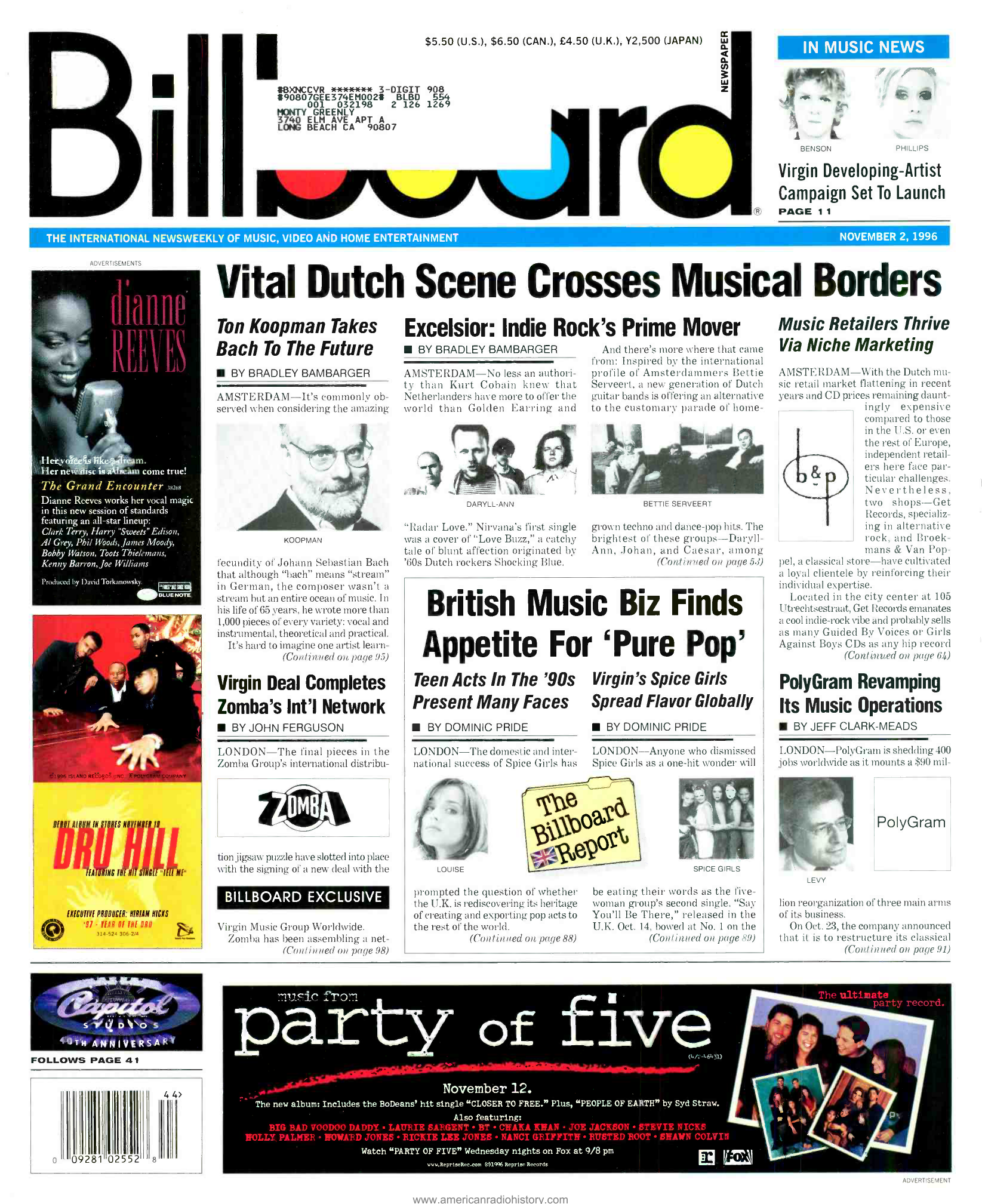
New data reveals the need to taper off these meds more slowly, Ramsey says.Ĭhildren are also sometimes prescribed anti-anxiety medication, usually along with psychotherapy. Stopping too quickly may cause withdrawal symptoms or other health risks, including thoughts of suicide. And never stop taking a medication without talking to your prescribing physician first. They also may take time to have an effect and may not resolve all your symptoms.Ĭontact your doctor if you have any side effects, questions or concerns about the medication.


They work only if you follow your doctor's instructions closely.
#Anthony bruno in playgirl magazine with treat williams professional
"This is a workhorse medication, and also something to be used with professional supervision and a lot of caution, because it can become habit-forming," Ramsey warns.Īnxiety medications are usually safe and effective, but they need monitoring by your physician. Benzodiazepines are not safe for long-term use because of the risk for addiction. These drugs should never be mixed with alcohol. Possible side effects include sleepiness, confusion, dizziness, loss of coordination and vision problems. "They can be remarkably and rapidly effective – within a few minutes or within an hour," Thase says. They're also used to calm someone down before surgery in nearly all surgical procedures.īenzodiazepines work through an internal "calming" process controlled by the neurotransmitter gamma-aminobutyric acid, or GABA, which helps inhibit or "turn off" brain activity and aids in sleep, muscle relaxation and calming the brain. The ADAA says this large class of drugs is used for short-term management of anxiety, or as a second line of additional treatment for treatment-resistant anxiety disorders.īenzodiazepines have a variety of uses, from being the first-line treatment for seizures and as "twilight sedation," a type of sedation used in some surgical procedures where you need to be conscious to respond to the surgical team. "A lot of things can cause anxiety and depression, and some patients respond more to different meds," Ramsey says. It often takes time, patience and experimentation to find the drug that works best for you. These medications are considered generally safe and effective, but mild to serious side effects can sometimes occur. "More longstanding or recurrent anxiety disorders are better treated with antidepressants (SSRI/SNRI), though many doctors will prescribe a benzodiazepine at the beginning while the antidepressant is being initiated and the dose adjusted." Michael Thase, professor of psychiatry and chief of the Division of Mood and Anxiety Disorders Treatment and Research Program at the University of Pennsylvania. "Relatively acute or time-limited anxiety – for example, a fear of flying for someone who flies infrequently – are easily treated by benzodiazepines," says Dr.

Serotonin-norepinephrine reuptake inhibitors, or SNRIs.Selective serotonin reuptake inhibitors, or SSRIs.There are four common classifications, or types, of medication used to treat anxiety: Many of these medications are also used to treat depression.Īnxiety medications may be prescribed for short- or long-term relief. These medications can be prescribed by a physician, typically through a psychiatrist, family physician, pediatrician or OB-GYN, and some states allow nurse practitioners to prescribe them as well. The ADAA says anxiety disorders – including generalized anxiety disorder, panic disorder, social anxiety disorder and specific phobias – are highly treatable, but only 36.9% of those who experience anxiety receive treatment.Īlong with psychotherapy and lifestyle changes, medications are often prescribed for an anxiety disorder.Īnxiety medications cannot cure anxiety they can, however, help you control your symptoms and allow you to function better in your daily life. The causes of anxiety disorders include family history, brain chemistry, life events and other factors, often interwoven into complex patterns. That number is probably even higher now during the COVID-19 pandemic, says Ramsey, who also is chair of the American Psychiatric Association's Council on Communications. age 18 and older, or 18.1% of the population every year, according to the Anxiety and Depression Association of America. Drew Ramsey, assistant clinical professor of psychiatry at Columbia University and founder of the Brain Food Clinic based in New York City, which uses evidence-based nutrition and integrative psychiatry treatments to augment psychotherapy, coaching and medication management.Īnxiety affects 40 million adults in the U.S. 1 diagnosable mental health condition in America," says Dr. Those who feel chronically anxious may be diagnosed with an anxiety disorder.Īnxiety disorders are "the No. But usually those feelings are short-lived.

An occasional bout of anxiety is quite normal, especially during difficult times.


 0 kommentar(er)
0 kommentar(er)
